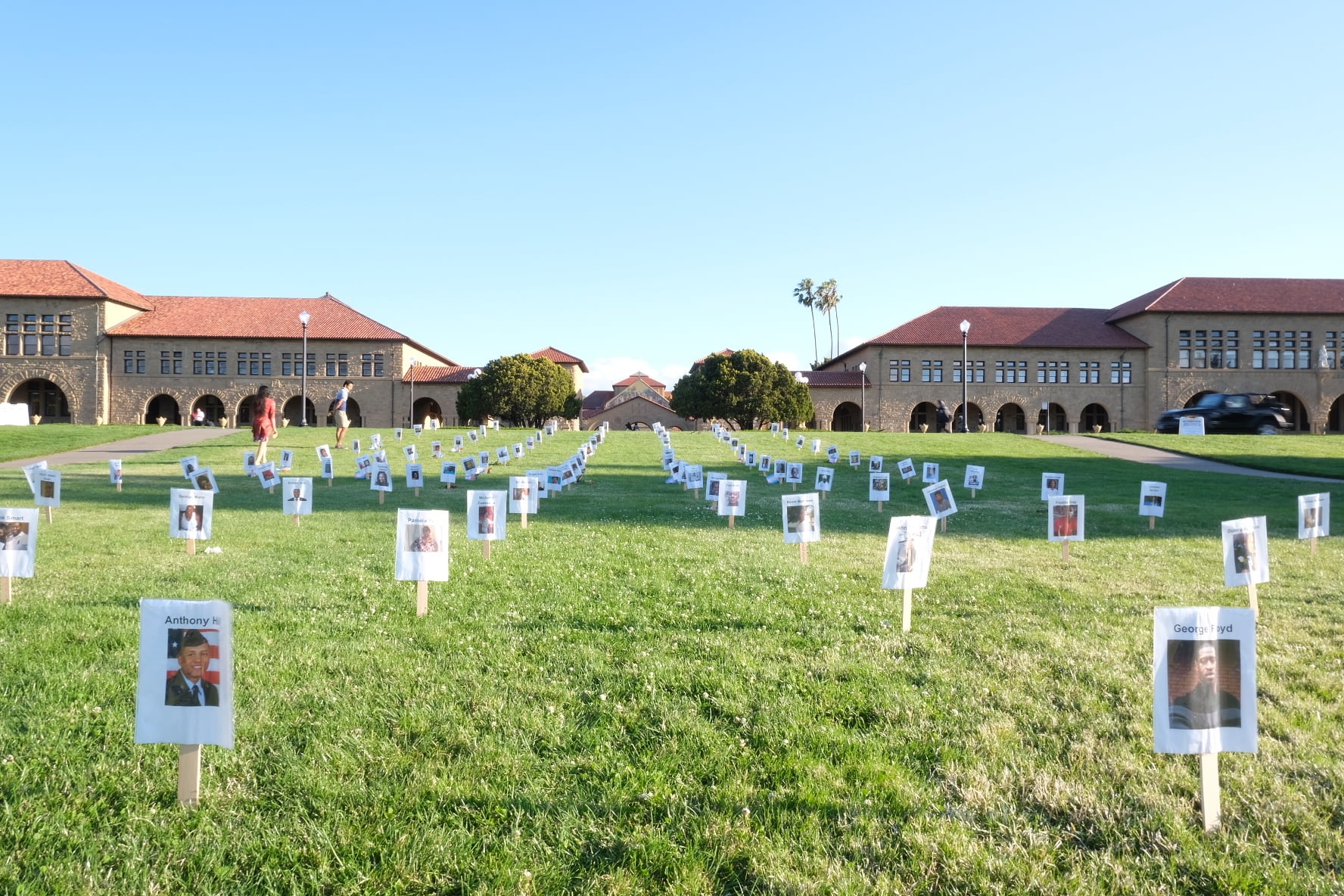From the rapid spread of COVID-19 to Black Lives Matter possibly becoming the one of the biggest social movements in history, Black-run organizations on campus continue to face societal turbulence.
“It’s really difficult [the virtual setting]… it’s something that’s so unprecedented,” co-president of Black Student Union (BSU) Schaddei Vidal ’22 said. “We are literally starting at the drawing board in many circumstances.”
Additionally, virtual spring and summer quarters have made group meetings, communication and other social interaction far more difficult.
Former Financial Officer for Queer Student Resouces Arielle Williams ’21 said that maintaining relational connection in a virtual setting has been challenging because the clubs like BSU do not translate well to a virtual platform, and people lose interest in connecting due to the “prevalent overhaul of online exposure.”
“It was actually quite jarring because it all happened so quickly,” Williams said. “Its hard because affinity spaces like BSU and Queer student resources center are really predicated on the connections you make on a day-to-day basis, and all of that is lost in the online medium.”
Despite the challenge that virtual community-building presents, BSU’s leadership refuses to let anyone slip through the cracks.
“We wanted the Black community to know that we’re here for them and that they’re not alone,” Vidal said. “Even though we’re separate, virtually and whatnot, we’re still united.”
Many Black-run organizations are taking action to ensure that their members feel supported and united. BSU and Stanford Ethiopian and Eritrean Students’ Association (SEESA), are sending out care packages that contain comfort food, sweet treats and spa-like products.
Vidal mentioned that towards the end of the academic year, when many protests started, many organizations not only stood in solidarity but also started new projects geared towards the Black Lives Matter movement.
“Staying silent is one of the worst things we can do right now,” Vidal said, adding that BSU is extremely motivated to spread awareness and continue advocacy throughout these times.
Alpha Kappa Alpha (AKA), an African-American interest sorority, has also been active during these times.
AKA President Celine Foster said the transition to the online setting didn’t affect AKA as much as she initially thought it would, and that AKA has been very active in regards to the BLM movement.
“During the summer and at the end of spring, we centered our efforts around our Justice For Black Lives Fundraiser,” Foster said. “We focused our work on this project because, during this time when so many Black people are experiencing a heightened collective trauma, we wanted to be especially intentional about uplifting and supporting Black people with as much care as possible.”
Lenny DeFoe, president of Black and Queer at Stanford (BlaQs), echoed this sentiment and mentioned how important it is for Black students, and more specifically Black students with queer identities, to feel supported in their own skin right now.
“Even if not many people come to virtual meetings, I think it is extremely comforting and beneficial for people on campus to just know that BlaQs is a safe space for them,” DeFoe said.
But Black-run clubs will not stop here. As Fall approaches, they all feel ready to hit the ground running.
“It will definitely be a challenge next year,” Vidal said. “But we are definitely up to that challenge.”
Contact Chloe Fidler at chloeafidler4 ‘at’ gmail.com.
